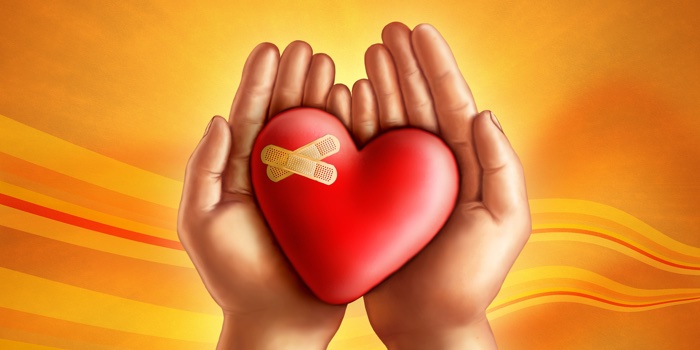KidneyViews
Welcome to the non-profit Medical Education Institute's Home Dialysis Central blogspot! This page is an umbrella under which Home Dialysis Central staff and guests can share their perspectives about home therapies and what we need to do to raise their profile and enable more people to use them. We'd like your comments as well! Bookmark our site and like us on Facebook! Help us tell the world about home dialysis.
Health Insurance 101: Options for People with ESRD
(8 comments)
The table [within] addresses some common questions and compares Original Medicare, Medicare Advantage, and health insurance marketplace plans set up under the Affordable Care Act

Published on 06/12/2015 by Beth Witten, MSW, LSCSW
The REAL-WORLD Survival Impact of Home Dialysis
(3 comments)
They had the rare chance to recognise and discuss the limitations of RCTs, and the inapplicability of the RCT model to complex comparisons—like dialysis alone at home vs. dialysis under care in a facility—but they missed it.

Published on 06/04/2015 by Dr. John Agar
Tags: Making dialysis better,
Nephrology Needs More Compassion—and Less Compliance
(28 comments)
It seems that our community may need a refresher course in compassion.

Published on 05/29/2015 by Dori Schatell, MS, Executive Director, Medical Education Institute
Tags: Making dialysis better,
California (and the rest of the US): You DON’T Have To Waste Dialysis Water!
(0 comments)
There are 2,500,000 litres in a standard Olympic swimming pool. This means that Californian dialysis services are currently discarding enough water to the drain to fill more than 800 pools.

Published on 05/22/2015 by Dr. John Agar
Medicare Can Start Sooner with Home Training
(0 comments)
Some dialysis staff—including social workers—believe the Medicare’s effective date is the first day of the month home training starts. That’s not the case.

Published on 05/14/2015 by Beth Witten, MSW, LSCSW
Introducing the NEW Partner Agreement on Tasks for Home Dialysis (PATH-D) Tools—Comments Welcome!
(11 comments)
Home dialysis of any type is a challenge for consumers and partners in part because when you start to even think about something new, you don’t know what you don’t know.

Published on 05/07/2015 by Dori Schatell, MS, Executive Director, Medical Education Institute
Tags: Making dialysis better,
Vitamin K2: A little known nutrient with big potential benefits for CKD
(16 comments)
While vitamin K2 is being established as a critically important nutrient for people with CKD, it also shows great promise in mitigating the potential organ damage associated with HD, namely organ stunning.

Published on 04/30/2015 by Dr. Kate Rhéaume-Bleue N.D.
A Sad Direction in Home Dialysis Research: The FHN 2 Nocturnal Survival Analysis
(6 comments)
The true bête noir here is not the research itself, nor the researchers, but the relatively recent and often quite unrealistic “requirement” of funders, payers, and legislators to slavishly demand—and only act upon—the outcomes of RCTs.

Published on 04/23/2015 by Dr. John Agar
Tags: Making dialysis better,
Absurd! EPOCH-RRT Study “Decision Aid” Won’t Include Home Hemodialysis
(6 comments)
In the last 24 hours, the faith I have always had that somewhere, somehow, in the immense firmament of dialysis, I might be able to make a small difference, has been hit by not just one, but two uppercuts.

Published on 04/16/2015 by Dr. John Agar
Tags: Making dialysis better,
Planting the Seeds for Patient Centeredness: Tips for Your Home Dialysis Training Program
(3 comments)
I asked those who do home dialysis who post on the Home Dialysis Central Facebook page to make suggestions for the perfect dialysis clinic. Here’s what they suggested.

Published on 04/09/2015 by Beth Witten, MSW, LSCSW
Tags: Making dialysis better,

